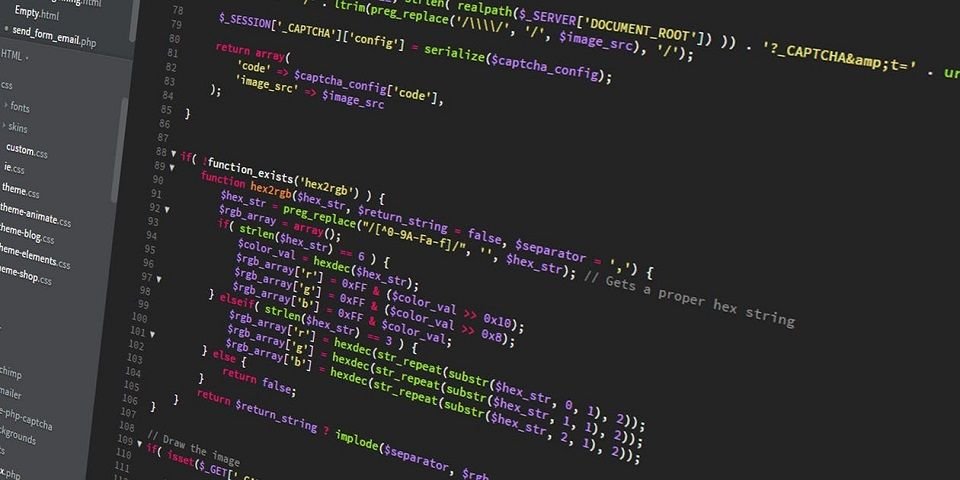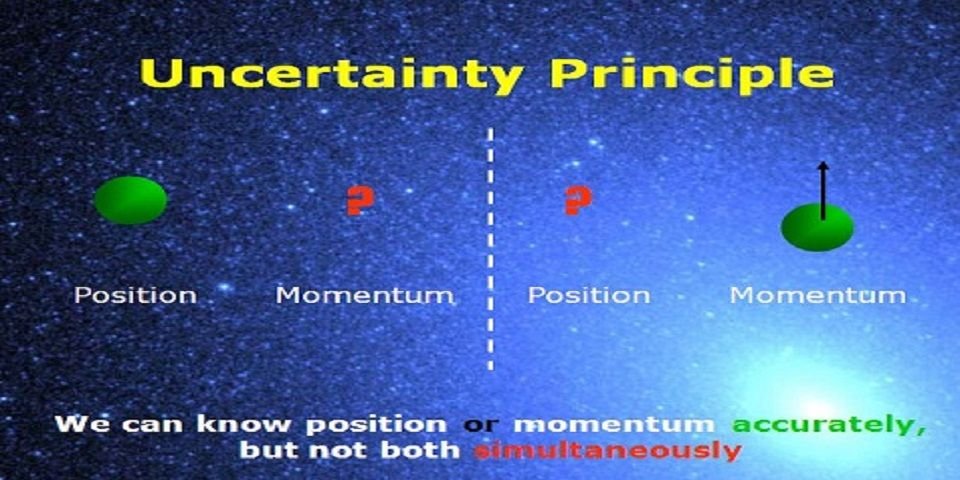What is the use of making predictions about the technology of tomorrow, or imagining the future? What use does it have? Should we even think about how our future world would be?

My answer to the last one of the above questions is a resounding "Yes"

This is quite simple: When we imagine the future, and share those thoughts with others, we are literally helping to create that future that we imagine, the future is nothing more than the eventual manifestations of our present thoughts.
Here is an example: Being in 2 places at the same time. Being in 2 places at the same time is obviously a fictional act for the moment (except at the quantum level, more on this later), a result of the imagination.

The interesting thing is with the mere fact of someone sharing a thought about the future, that person is encouraging that maybe some other individual will get the idea, and tell it to other friends, or maybe a young mind will read it, become fascinated by the concept and later in life end up working and researching to make that idea a reality. Therefore, any “crazy” idea about the future can more rapidly become something real if we share our visions and thoughts about it as much as we can.
Note that there are innumerable known cases of simple shared ideas that some time later ended up changing the world. A classic example in technology is the graphic interface of modern computers, that wasn’t created by Microsoft nor Apple, but by a little known company called Xerox. Let’s define first what is a “graphic interface”.
a Graphic User Interface allows the use of icons or other visual indicators to interact with electronic devices, rather than using only text via the command line. | Source

For many, the first commercially available computer with a graphical interface was the original Apple Macintosh, however, Steve Jobs himself said that the idea was obtained by walking the halls of the Xerox Palo High Research Center (PARC) and notice in a fortuitous way how some researchers were experimenting with graphical interfaces on a screen.
However, those PARC researchers were actually influenced by one of the most important moments in the history of modern computing. Douglas Engelbart gave a demonstration that lit the light bulbs of ideas to all of those present in such a way that to this date a large part of those who we consider pioneers today and who attended that demonstration recognize that this was the source of their ideas.
And this is not only about graphical interfaces, but also about file systems, web-style hyperlinks, the mouse, video-conferencing, word processors with copy-paste, object-oriented design, etc.
In other words, Douglas Engelbart, by simply presenting his ideas to the world, literally changed it, and in a profound way. This is a real life example on why it’s important to share our ideas, even if they might sound ridiculous at the time.
What is the lesson here?

Having seen those examples, that is why I believe it is important to share articles like this one about Buying emotions, since the idea is not only to expose what I believe will be the future, but maybe even to influence that same future so that it becomes a reality, or at least so that it arrives more quickly.
Notice now a curious thing between this concept (I mean, the concept that just thinking about the future changes it) and one of the concepts of Quantum Mechanics ... but let’s define Quantum Mechanics first:
Quantum mechanics is the branch of physics relating to the very small. Where objects instead exist in a haze of probability; they have a certain chance of being at point A, another chance of being at point B and so on. | Source

According to quantum mechanics, the mere fact of us observing an event (or more strictly speaking, the mere fact of us measuring an event), causes us to disturb the system we are measuring and change its environment, and therefore we affect the result. This is called the Heisenberg Uncertainty Principle.
Heisenberg's Uncertainty Principle states that there is inherent uncertainty in the act of measuring a variable of a particle. Commonly applied to the position and momentum of a particle, the principle states that the more precisely the position is known the more uncertain the momentum is and vice versa. | Source
In other words, it seems inevitable in nature that the mere fact of us trying to understand it, causes us to change it (perhaps this is another clue between the connection between consciousness and the nature of reality).
So the next time you have a seemingly crazy idea, and someone asks you for what purpose you deduced to share it, simply respond "to change the world" because as I say before, the future is nothing more than the manifestations of our present thoughts.
Conclusion
It is a fact giving past examples of how the simple act of sharing ideas can create a snowball effect of actions eventually arriving at spectacular results. Every idea we have can become the initial spark of something fantastic, and now more than ever we have all kind of tools to share knowledge and learn along other people, Steemit itself being an excellent example.
If you want the future to be fantastic, you can help it to become real by simply thinking about it and sharing your thoughts with other people. Of course, the best would be to be able to develop new technologies that can make our live better, but since not everyone is able to do that, they can still influence other people that can actually build new technologies and make futurist utopias something as real as you and me.
What about you? What are your thoughts about the future of our civilization? About our technology?

References
computerhope
popularmechanics
chem.libretext.org
livescience
If these titles sound interesting to you, I assure you the article will be even better!

Are humans still evolving? Yes we are!
“Today’s lesson”: About Gravity, Acceleration and their effect on Time
Why forgiveness is important if we want to thrive?
Can a lesser intelligence create a greater one? Of course it can!
Don’t forget to be grateful with life
Shaping our future by learning from others


